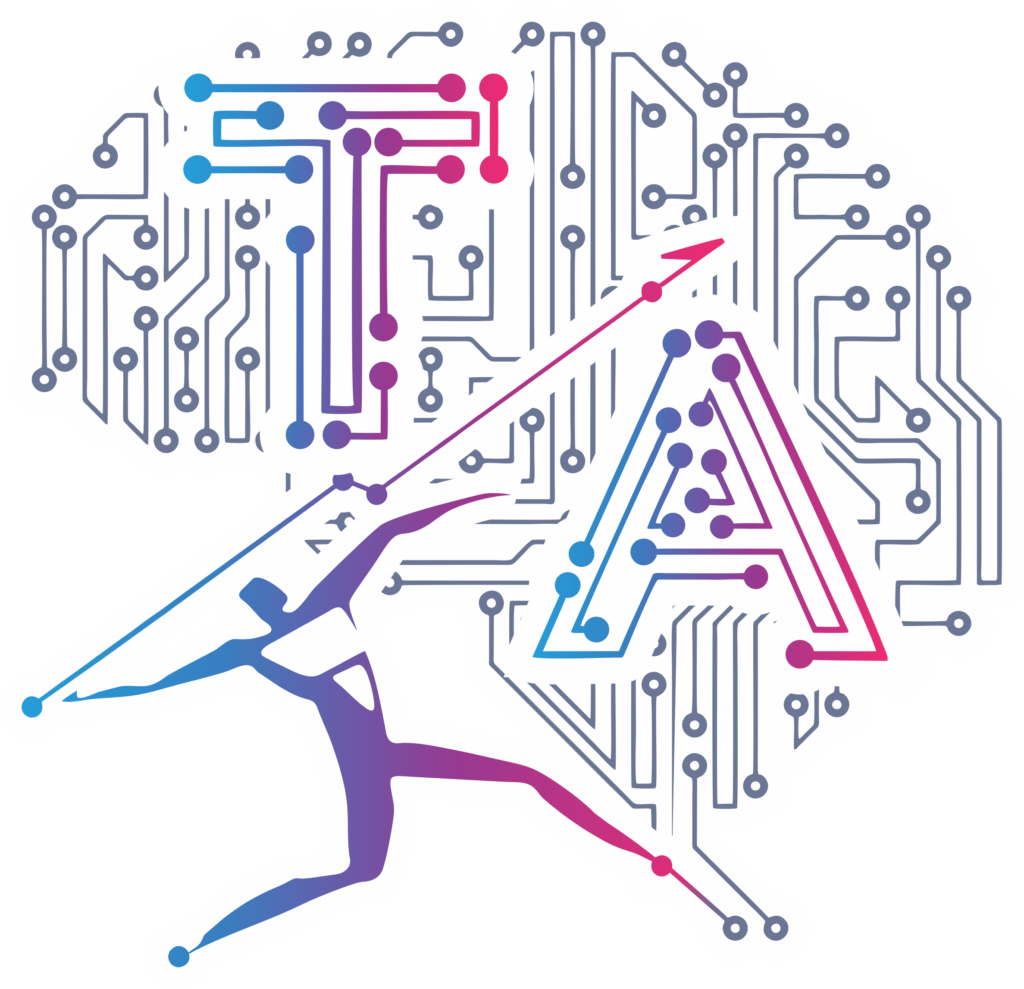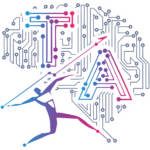Data Science: Unlocking Insights and Driving Decisions

Data science is a multidisciplinary field that combines statistics, computer science, and domain-specific knowledge to extract insights and make informed decisions based on data.
Data science is changing the way organizations operate, from improving customer experiences to automating business processes and much more.
The most commonly used tools and technologies include:
- Programming languages: Python and R
- Data storage and retrieval: SQL and NoSQL databases, cloud-based storage
- Data cleaning: OpenRefine, Trifacta, DataWrangler
- Data visualization: Matplotlib, ggplot2, Tableau
- Machine learning: scikit-learn, TensorFlow, PyTorch
- Deep learning: Keras, PyTorch, and TensorFlow
- Big data processing: Apache Spark, Hadoop, and Apache Storm
Data scientists must remain updated on industry trends and consistently improve their skills.
The Data Science Process: Data science follows a structured process that includes the following steps:
- Data Cleaning: Once the data has been collected, it must be cleaned by removing duplicates, dealing with missing information, and rectifying mistakes.
- Data Exploration : It is the process of analyzing data in order to understand its distribution, detect patterns, and discover links between variables. In this step, data visualization methods such as histograms, scatter plots, and box plots are frequently employed.
- Data Modelling : The last stage is to create models that can anticipate outcomes based on the data. Selecting relevant statistical or machine learning techniques, fitting the models to the data, and evaluating their performance are all part of this process.
- Model Deployment: The final step is to put the models into action in the actual world. This entails incorporating models into current systems and processes in order to make predictions and drive decisions.

Data Science Applications:
The technique of identifying multiple client categories based on their behavior and attributes in order to personalize marketing campaigns is known as customer segmentation.
- Fraud detection: It is the process of detecting fraudulent actions by analysing patterns in transaction data and other pertinent data.
- Predictive maintenance: It is the use of machine learning algorithms to forecast when equipment may fail, allowing organisations to schedule maintenance more proactively and reduce downtime.
- Recommender systems: In e-commerce, recommender systems are used to suggest products to customers based on their previous behavior and preferences. To summarize, data science is a fast expanding profession with numerous career options. Data science is changing the way businesses operate and determining the future of business by uncovering insights and driving choices.
The future scope of data science is bright and is expected to continue growing as the amount of data generated increases.



